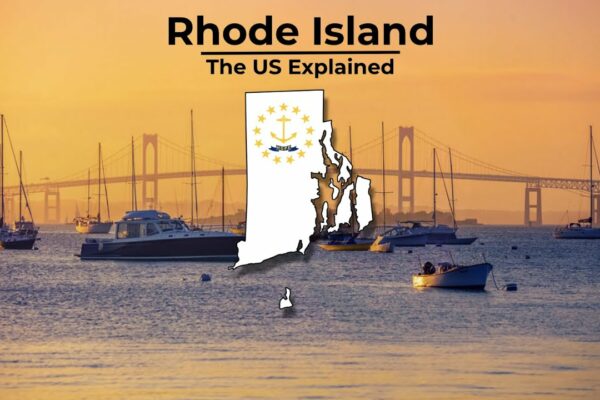
At what point did Rhode Island achieve statehood?
Rhode Island, one of the thirteen original colonies, attained statehood on May 29, 1790. Despite its early settlement in 1636, the tiny state held off becoming a state for several reasons, including concerns over the loss of autonomy. However, it ultimately joined the Union after the ratification of the United States Constitution and the addition of the Bill of Rights.









